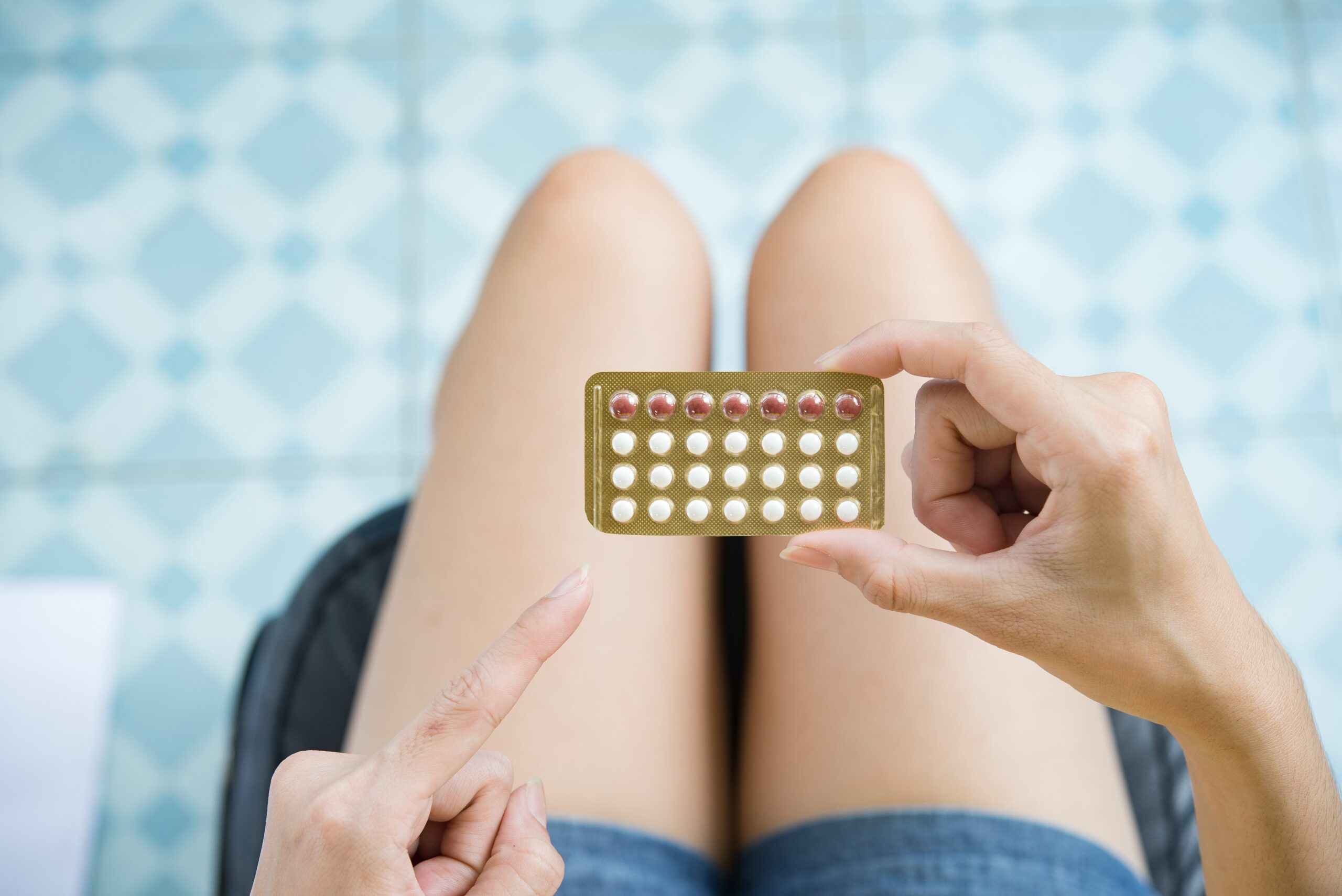Oral contraceptive pills are easy to use and beneficial in several ways. They provide safe, convenient, and effective protection against pregnancy, so it’s no surprise why a lot of women prefer this method.
But before you set your eyes on the pill, here’s what to expect first so that there are no surprises.
You may not be protected immediately
It depends on what point you are in your menstrual cycle when you start taking your pills. You’re immediately protected if you start your pills within five days of your period.
If you start mid-cycle or more than five days after your period, you’ll need to use a backup contraceptive method — such as condoms — during the first seven days.
If you are on a progestin-only pill, you will be protected after 48 hours, no matter where in your cycle you begin.
Some common experiences
Many women experience minor changes in the body during their first few months of taking pills, because the body is adjusting to changes in hormone levels. Common things experienced include:
- Headaches
- Nausea
- Breast tenderness
- Bloating
- Emotional fluctuations
- Decreased libido
These common experiences are usually temporary and go away once your hormones have regulated, usually within three months. Remember, however, that every person’s body is different and may react differently to a given type of contraceptive pill.
Note: There is no evidence that combined oral contraceptive pills (COCs) cause weight gain. Although the question has been studied extensively since the mass use of pills began in the 1960s, this myth remains widespread.
Spotting is normal
Spotting and irregular bleeding are common when you first start taking the pill. It’s an effect that some women find alarming, because they didn’t expect it. Don’t panic if this happens to you — it is just your body’s natural reaction to the surge of new hormones.
You may or may not get your period when taking pills consistently
You might also get your period earlier than expected, or not even have it when you’re on placebo pills or pill-free days. Just continue taking your pills without skipping a day, whether or not you get your period or experience spotting.
Some women may not menstruate at all when taking the pills consistently. It shouldn’t cause panic, as it doesn’t have adverse effects on your health.
Better take your pills before bed
You’re more likely to feel nauseous if you take your pill on an empty stomach. For those experiencing nausea, try taking your pills before you go to bed or after eating dinner, which can help.
Find the best pill for you
Today, there are many varieties and different safe and effective daily contraceptive pills, each containing different combinations of hormones.
If after a few months, you’re feeling uncomfortable with the one prescribed to you initially, or it’s affecting your daily life, not to worry. It’s likely that there is another pill on the market that will be a better fit for you; every woman’s body is unique, as mentioned above.
There is nothing wrong with trying a few different formulations to find the perfect pill for you, and your doctor will be happy to guide you in this. Some even have additional benefits apart from preventing pregnancy (see below).
Pills have other benefits besides protection
In addition to being great contraception, pills have many advantages, including regulation of menstrual bleeding (they can even be used to skip a period if needed), decreased menstrual blood loss, and relieving painful periods, or dysmenorrhea. Depending on the pill type, they can be used to treat or alleviate:
- Acne,
- Unwanted growth of hair on the face or body (hirsutism),
- PCOS (polycystic ovarian syndrome),
- Menstrual cramps, and
- PMS and PMDD symptoms.
They also reduce the risk of anemia, relieve symptoms of endometriosis, reduce the risk of developing ovarian and endometrial cancer, help improve bone density, and can be used to treat hot flashes and other symptoms associated with menopause.
Sources:
https://flo.health/menstrual-cycle/sex/birth-control/how-to-take-the-pill
https://www.pandiahealth.com/first-time-taking-birth-control-pills-here-are-some-tips/



